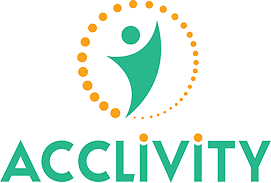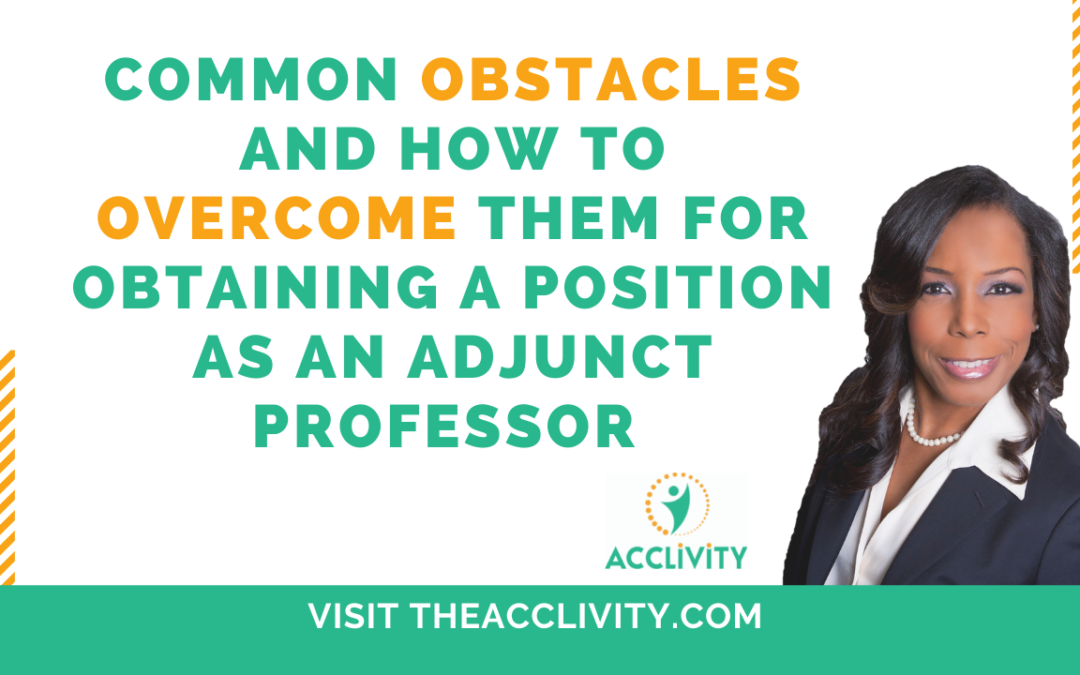For further information on Academic Career Advancements support and coaching book a free no-obligation chat with Dr. Loren M Hill at https://theacclivity.com/Consultation
Hi, it’s Mark Kanty with Release Dynamics and we’re back with Dr. Loren M. Hill of the Acclivity. We’re talking about getting advancement in academia. How to really bolster and build your full-time career in academia and specifically today we’ve been talking about the adjunct professorship position and how do you get, you know, that coveted role.
So we’ve had some previous conversations, if you haven’t seen our introductory one where we talked about some of the problems that people face in getting this position, then please go and look for part one of this interview and I think you’ll get a lot out of it.
Now in part two we’re going to dive in and we’re going to talk about that at greater length and what some of the pitfalls and obstacles that people come across, so that you can learn and understand how you might be able to get around those.
Dr. Hill, thanks again for being with us. Do me a favor, would you please elaborate a little more on these common obstacles that people are facing, and that you found people face when they’re trying to get that elusive adjunct professor role? What happens there, what are you running into that people are failing at getting that position, or where they’re stumbling or getting stuck?
Well Mark, the areas that people get stuck in have to do with research first, right? We’ve got to start at the beginning so when I say research, I want people to be thinking about a couple of things… maybe you’re just trying to get into academia whether that’s an adjunct position or a full-time position as a professor, I want them to really consider that folks often don’t do their research or their homework… is this even the right fit for you? Goodness of fit: am I applying to a position just because I saw an opening or am I applying to it because I think I’m a good fit for this institution? So that’s where we start, right? Just, are we even getting a job at the right place?
Once you’re there, you’ve been there a little bit and now you’re trying to advance, right? So you’re trying to advance in rank. Maybe you want tenure and people don’t always do their research at the institution they’re at, right? So they’ve heard this thing about promotion in rank. Maybe I’m an assistant professor and now I want to promote to associate, but how do I do that?
Somebody told me that they did it five years ago and they can’t remember how and so where do you even find this? So doing the research can be quite onerous.
The next area is networking. Right, so we all know, we’ve heard it over time and time again… you can’t do anything by yourself. You just can’t. You, well let me qualify that, you can, but it could be quite challenging. So you need some support around how to get to where you’re going whether that’s how to get the position or how to advance. So the stronger your network is the better your odds are. Now you could have a network but are they the network that’s going to help you get that position or are they part of the network that can help you navigate those sharp corners of academia?
To find out how to get your promotion from assistant to associate or associate to full or even tenure, then I would say the third area would be the collaterals.
So we’ve got the job. We’ve found that this is the right institution. We’re ready now, to put our portfolio together. Well wait a minute, what does your portfolio look like? Is your CV current? Do you have supporting documentation? What do your letters of recommendation or reference look like? What are your student surveys? Do you even have your hands on those?
Well, that’s a lot right and then we haven’t even gotten to the part where you have to talk to somebody… that’s the interview, so what are your interview skills like? Do you even know what they’re going to be asking you? So the collaterals would be the bow that kind of ties the package up, but sometimes people kind of fail in this area so that would be the third area.
Wow, that’s fantastic! That’s a lot of information Dr. Hill and I appreciate it. I’m sure you know those people who are watching or listening to this, you know, appreciate you going into more detail because it’s not just a matter, as you say, you know, it’s not just a matter of throwing out your CV and hoping you get the job. The more work you do preparing and getting ready, and as you say, building your network, doing the right research, the higher the probability that you’re actually going to become an adjunct professor. So I think that’s fantastic and that’s great information that people need to know.
So thanks very much for being with us today and we will carry on with part three. If people want to learn a little bit more then watch for our part three in this series.
For further information on Academic Career Advancements support and coaching book a free no-obligation chat with Dr. Loren M Hill at https://theacclivity.com/Consultation

